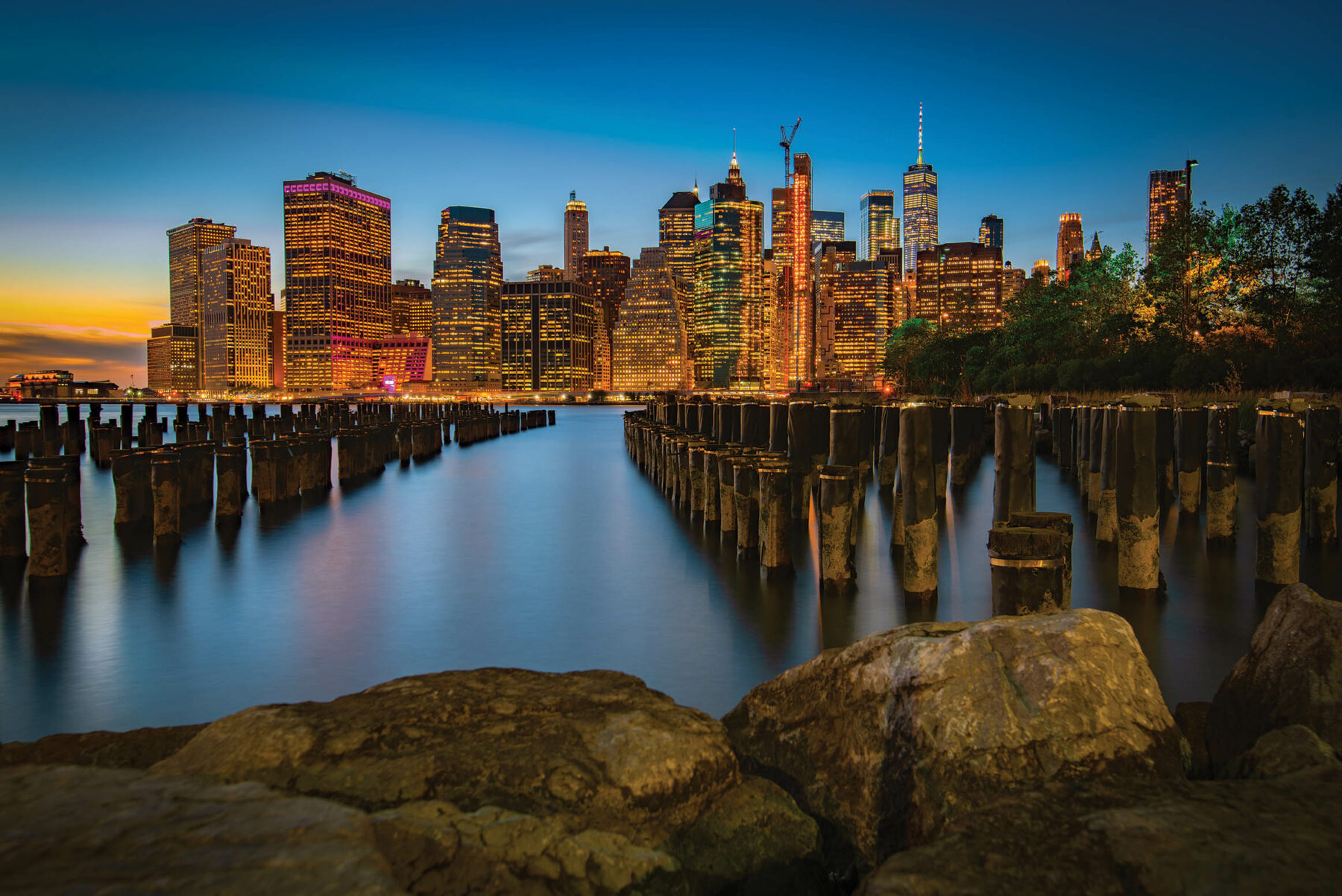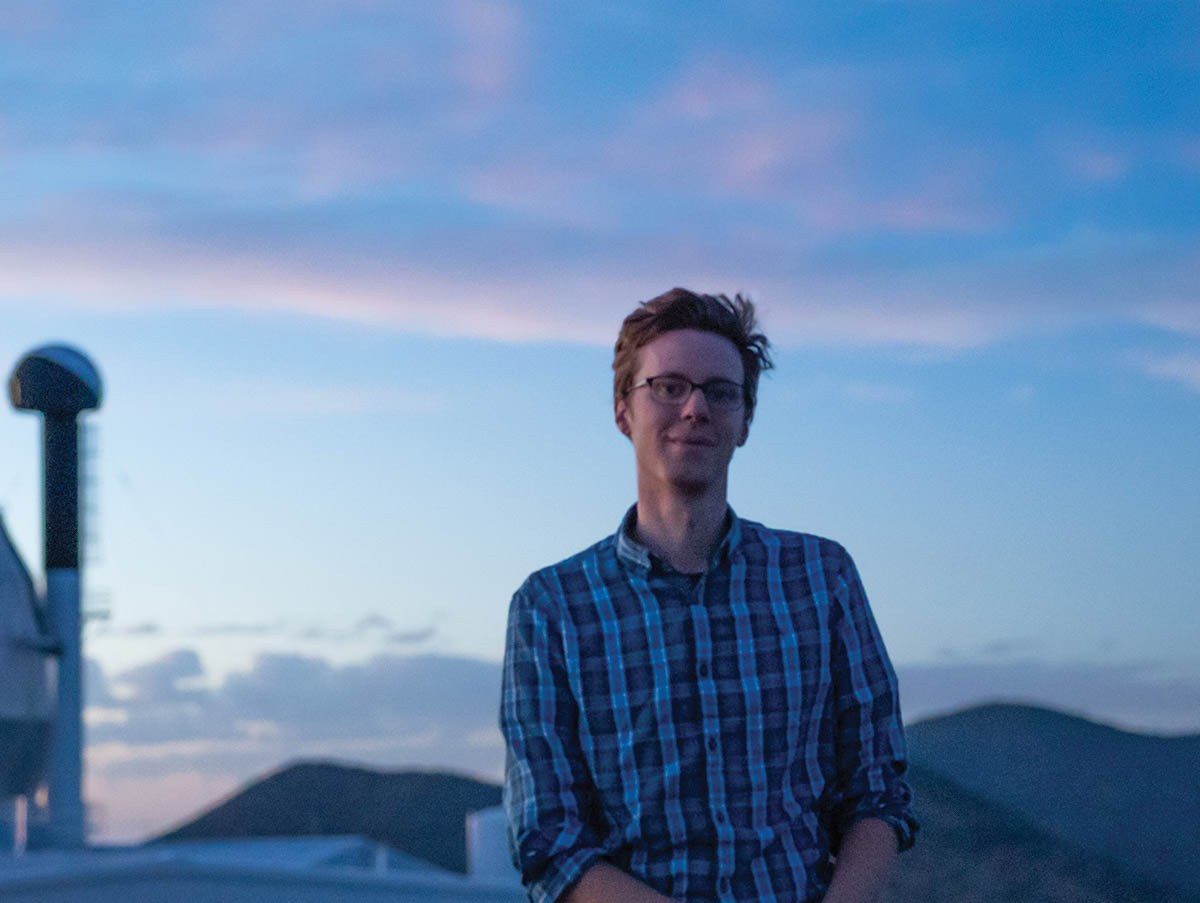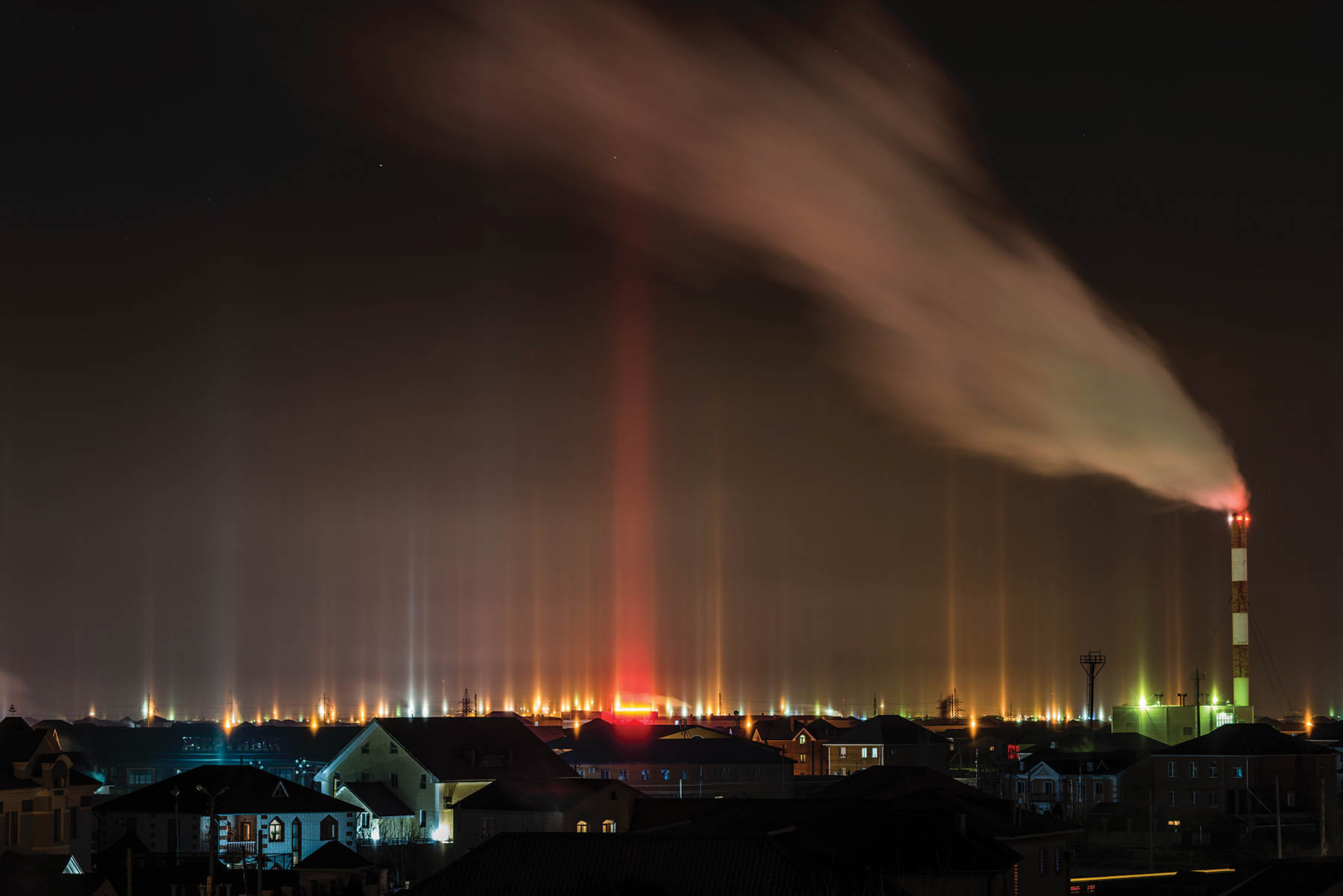Does Light Pollution Impact Your Mental Health?

In 1994, the Northridge earthquake struck the city of Los Angeles at 4:30 a.m., causing a citywide power outage. Shortly after, the surrounding observatories received numerous calls from spooked residents claiming to see an ominous gray cloud in the sky. That gray cloud was the Milky Way. For many people, this was their first encounter with a dark sky clear enough to see the cosmos.
Typically, a city like Los Angeles, and even cities much smaller, emit an overabundance of light that creeps into the night sky causing light pollution. Light pollution has numerous effects on the surrounding life: birds can crash in flight or forget to migrate altogether, plants may not grow as efficiently and the beautiful night sky is drowned in a haze of light.
How Light Pollution Affects Our Mental Health
In short, we aren’t entirely sure how light pollution affects our mental health; the science behind it is still in its stages of infancy.
“Your body is aware of what time it is by the intensity of light,” says Stephen Hummel, the Dark Skies Sr. Outreach Program Coordinator at McDonald Observatory. “We associate daytime as bright, blue light — like the sky. And blue light is hardly found, naturally, at night.”

Photo courtesy of Stephen Hummel
According to Hummel, our exposure to light affects our sleep patterns, also known as our circadian rhythms. Your circadian rhythm does many things, but its most notable job is regulating melatonin, the hormone which helps you sleep. This allows your circadian rhythm to act as your body’s natural clock. It dictates when you feel awake and energized or when it’s time to turn in for the night and sleep.
“(Our circadian rhythm), it’s (all about) the timing,” Hummel says. “It’s equally important to avoid light at night as it is to be exposed to it in the morning when you’re waking up.”
This association with light plays a huge part in cueing our circadian rhythms. This is the same reason casinos are bright and don’t have windows. With no windows, regulated lighting and bright-colored ceilings, your body has trouble discerning the time and whether or not you need to sleep.
Light pollution certainly affects our sleep schedule, but beyond sleep, does light pollution affect other aspects of our mental health?
“You won’t find any scientist who says if you’re exposed to light, it’s going to make you depressed,” Hummel says. “It’s more appropriate to say light pollution could increase the risk of depression or other things.”
Hummel explains that science has found that the tie between light pollution and mental health issues is largely correlation rather than causation. Health effects like heart disease, depression and even forms of cancer have been correlated to staying up late.
How To Avoid Light Pollution
Although light pollution won’t kill you, it’s still beneficial to avoid it when possible.
When trying to sleep, Hummel suggests avoiding any bright lights about 30 minutes before bed to receive the least amount of disruption in your circadian rhythm (yes, this includes your phone). If you need light, Hummel advises using something with amber or soft-white colors or bulbs below 3,000 Kelvin in color temperature.
Creating natural settings inside will help a great deal in cueing your circadian rhythm.
“I use smart bulbs,” Hummel says. “During the day, they’re kind of a white-blue color and as the sun sets, they transition to an amber color. Eventually, in the middle of the night, they turn red.”

Red light is the least disruptive color for the human eye and scatters the least amount of light into the sky. Many astronomers use red light to see in the dark as it keeps your pupils dilated longer than other colors. This same tactic allows you to navigate the dark without shocking your eyes with bright light.
Keeping your setting as dark as possible at night can help signal to your circadian rhythm that it’s time for bed. For instance, blackout curtains can effectively stop any light outside from creeping in.
Speaking of outside, if you need outdoor lights, try aiming the bulbs directly at their targets and down, if possible. According to the National Park Service, light aimed at the sky is a leading cause of light pollution.
Takeaways
Although there is no correlation between light pollution and its direct effect on our mental health, it’s safe to say it does affect our sleep. So avoiding light pollution is not only a benefit to your sleep schedule but also a benefit to your surroundings.
“It’s a win-win situation,” Hummel says. “You save energy from less light usage and you help your environment.”






